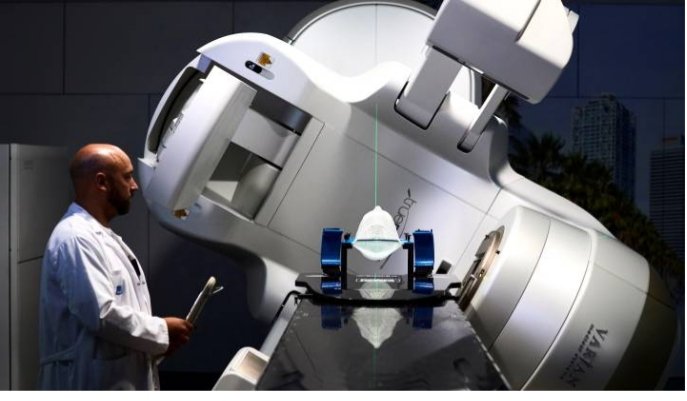The research and medical leader of the Radiation Oncology Service, Dr. Nuria Rodríguez de Dios, explained yesterday that small cell lung cancer has "very aggressive" characteristics and tends to brain metastasis.
Preventive cranial radiation therapies atrophy the hippocampus of 70% of patients who receive it, which is why this treatment is usually rejected, according to Rodríguez, in the study, which was promoted by the Clinical Research Group in Radiation Oncology (GICOR) 150 patients with this type of cancer who had no brain metastases were analyzed.In this treatment, the benefits of which had been demonstrated in patients of other types of cancer with brain metastases, the specialists knock the patients completely and use a machine that rotates 360 degrees around them to “modulate the intensity” of the radiation. “With this type of cranial radiotherapy we can get some specific areas to receive the entire dose and others, such as the hippocampus, a reduced amount,” said Dr. Rodriguez